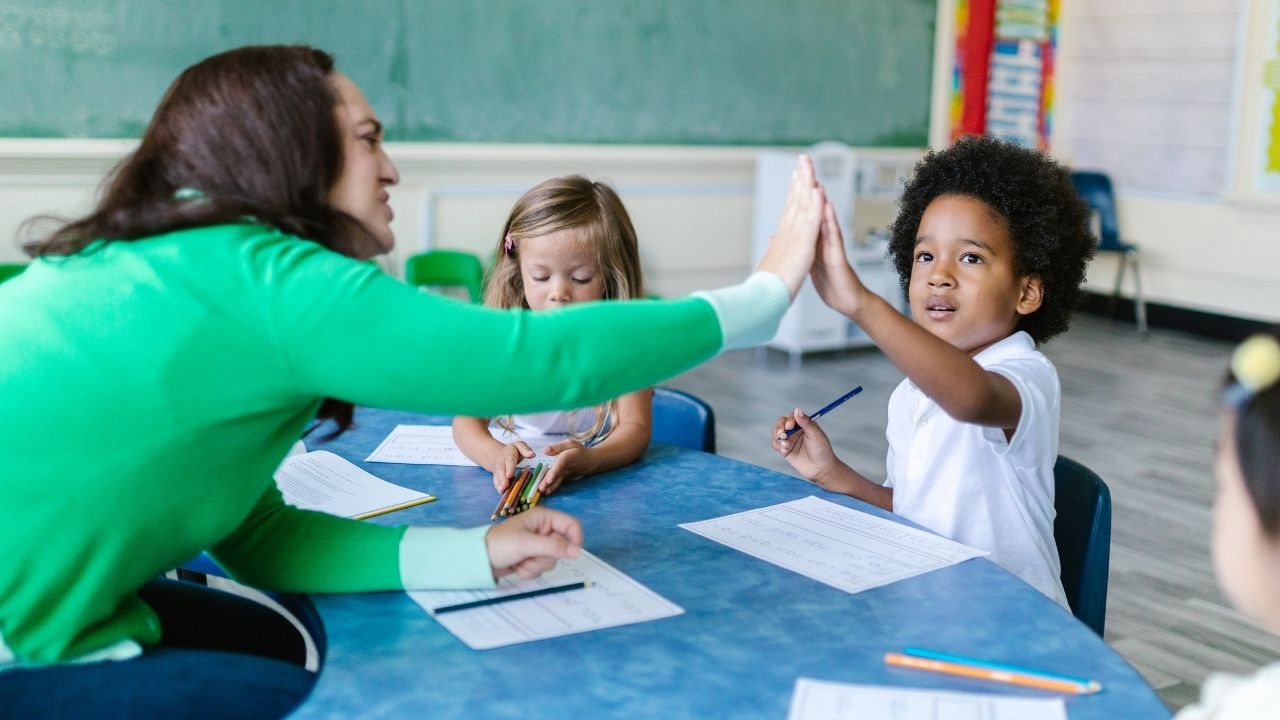
Understanding the Unique Challenges in Special Education Classrooms
In special education classrooms, educators face unique challenges when it comes to managing student behavior. Students with special needs often require individualized attention and support to help them succeed academically and socially. Effective behavior management techniques are essential for creating a positive learning environment that promotes student growth and development.
Establishing Clear Expectations and Routines
One of the most important aspects of effective behavior management in special education classrooms is establishing clear expectations and routines. Students with special needs often thrive on structure and predictability, so it is crucial to create a consistent classroom environment. This can include developing a daily schedule, using visual aids to reinforce expectations, and providing frequent reminders of appropriate behavior.
Implementing Positive Reinforcement Strategies
Positive reinforcement is a powerful tool for encouraging desired behaviors in special education classrooms. By focusing on praising and rewarding students for meeting expectations and demonstrating appropriate behavior, educators can create a positive and supportive learning environment. This can include using verbal praise, offering tangible rewards, or providing special privileges to students who meet behavioral goals.
Utilizing Behavior Intervention Plans
For students with more challenging behaviors, behavior intervention plans can be an effective strategy for promoting positive change. These plans are individualized to meet the specific needs of each student and may include a variety of techniques such as functional behavior assessments, replacement behavior training, and social skills instruction. By working closely with students and their families to develop and implement these plans, educators can help students develop the skills they need to succeed in the classroom and beyond.
Emphasizing Social-Emotional Learning
In addition to academic instruction, special education classrooms should also prioritize social-emotional learning. This can include teaching students skills such as self-regulation, empathy, and problem-solving. By helping students develop these important life skills, educators can create a more positive and supportive classroom environment that promotes student success.
Collaborating with Support Staff and Families
Effective behavior management in special education classrooms requires collaboration and communication among all stakeholders, including teachers, support staff, and families. Regular meetings and open communication can help ensure that everyone is working together to support student success. This can include sharing information about student progress, discussing challenges and concerns, and developing strategies for addressing specific behavioral issues.
Adapting Strategies to Meet Individual Needs
It is important to remember that every student in a special education classroom is unique, with their own strengths, challenges, and learning needs. Effective behavior management techniques must be adapted to meet the individual needs of each student. This may require trial and error, as well as ongoing assessment and adjustment of strategies over time.
Providing Ongoing Professional Development for Educators
Finally, it is essential that special education teachers and support staff receive ongoing professional development in effective behavior management techniques. This can include training in evidence-based practices, opportunities for collaboration and sharing of best practices, and access to resources and support for implementing new strategies in the classroom.
In conclusion, effective behavior management in special education classrooms requires a multifaceted approach that prioritizes clear expectations, positive reinforcement, individualized intervention plans, social-emotional learning, collaboration, and ongoing professional development. By implementing these strategies consistently and adapting them to meet the unique needs of each student, educators can create a positive and supportive learning environment that promotes student success and well-being.
 Careers in EducationElementary EducationHigh School EducationEducational TechnologyTeaching StrategiesSpecial EducationPrivacy PolicyTerms And Conditions
Careers in EducationElementary EducationHigh School EducationEducational TechnologyTeaching StrategiesSpecial EducationPrivacy PolicyTerms And Conditions
